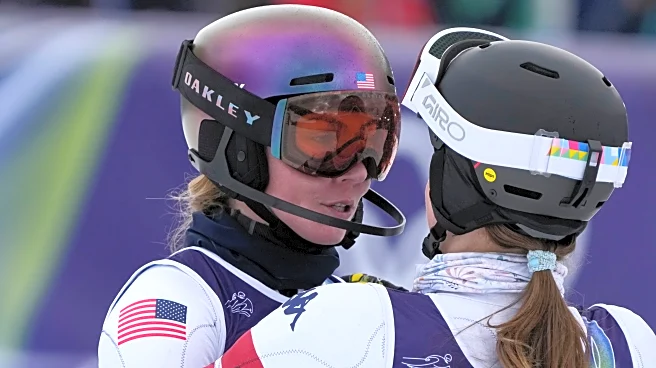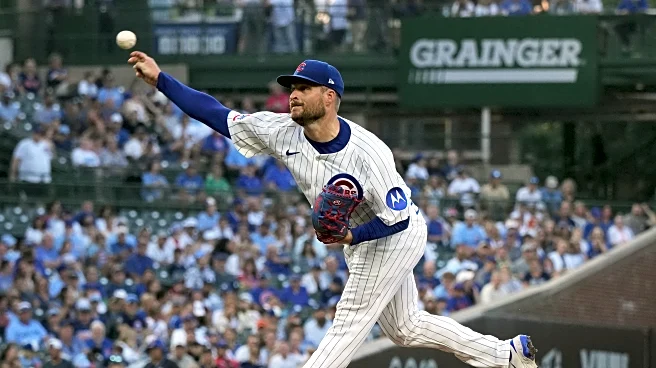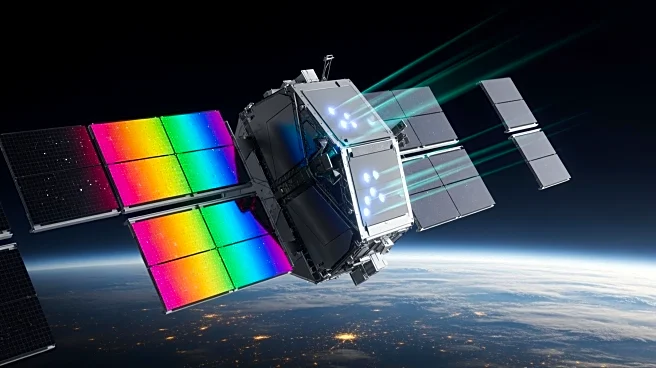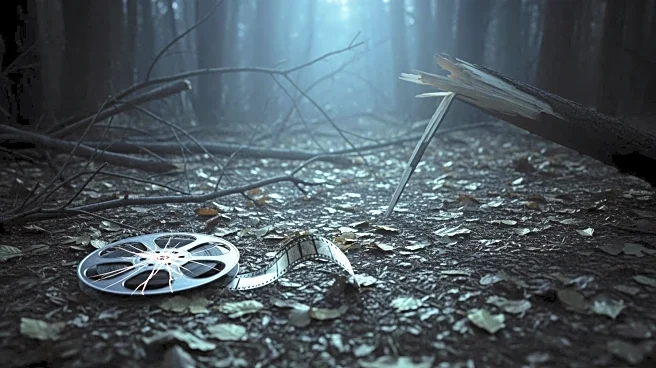What's Happening?
The popular game Grow a Garden has launched a new update called Seed Stages, which introduces a new event and mechanics for growing special seed types known as Evo seeds. This update replaces the previous Fall Market event and adds a Seed Stages Shop near the center of the island, where players can interact with a character named Samuel to purchase Evo seeds. These seeds can be grown faster and larger through player interaction, such as using a Watering Can or feeding the plant with fruits. The update allows players to exchange these grown plants for rewards, which vary based on the plant's tier, weight, and mutations.
Why It's Important?
The Seed Stages update is significant as it enhances player engagement by introducing interactive elements in the gardening process, allowing players to influence the growth and size of their plants actively. This update could increase player retention and satisfaction by offering new challenges and rewards. The introduction of Evo seeds and the ability to exchange them for rewards adds a layer of strategy and planning, potentially attracting more players to the game. The update also reflects the developers' commitment to keeping the game fresh and engaging, which is crucial in the competitive gaming industry.
What's Next?
Players can expect more updates and expansions as the developers continue to follow their pattern of updating the game. The Seed Stages Shop restocks every five minutes, providing players with regular opportunities to acquire Evo seeds. As players become more familiar with the new mechanics, they may discover additional strategies for maximizing their rewards. The game community may also see increased collaboration and sharing of tips and tricks for growing Evo seeds efficiently.
Beyond the Headlines
The Seed Stages update could have broader implications for the gaming industry by showcasing how interactive mechanics can enhance player engagement. It highlights the potential for games to evolve beyond passive experiences into more dynamic and participatory activities. This approach may influence other game developers to incorporate similar mechanics, leading to a shift in how games are designed and played.










